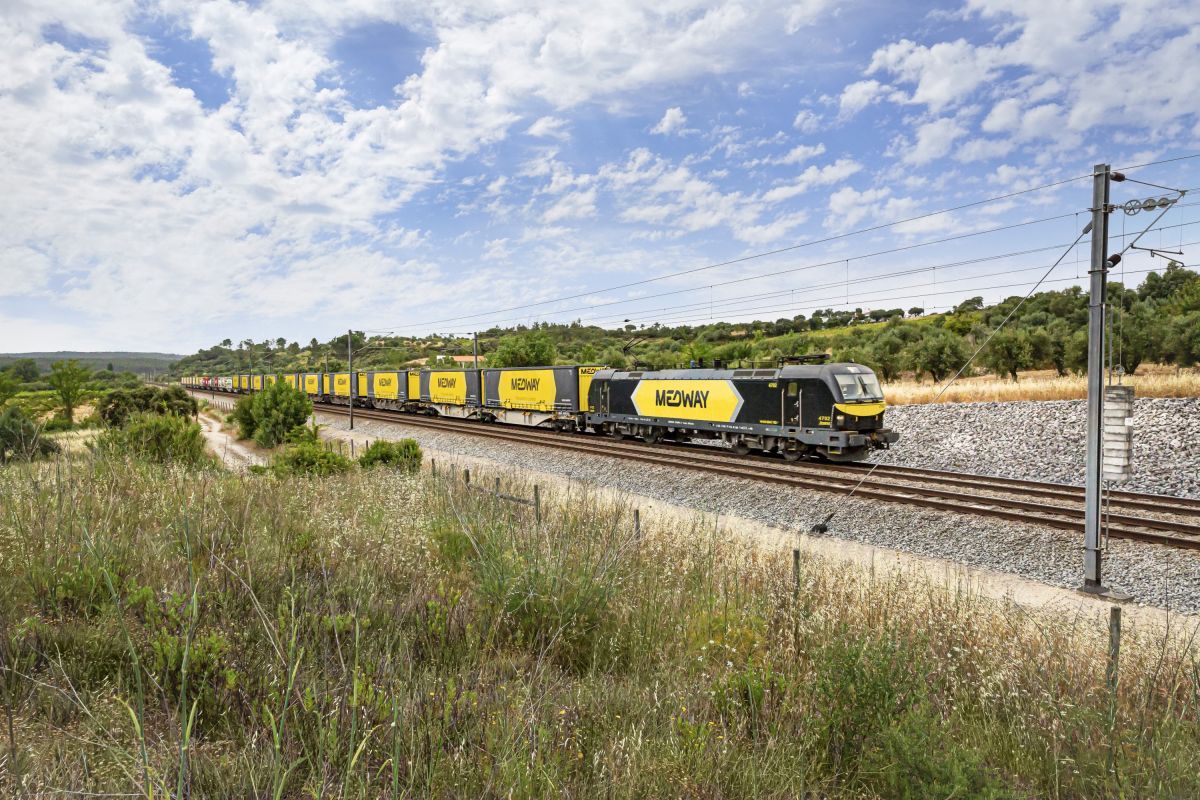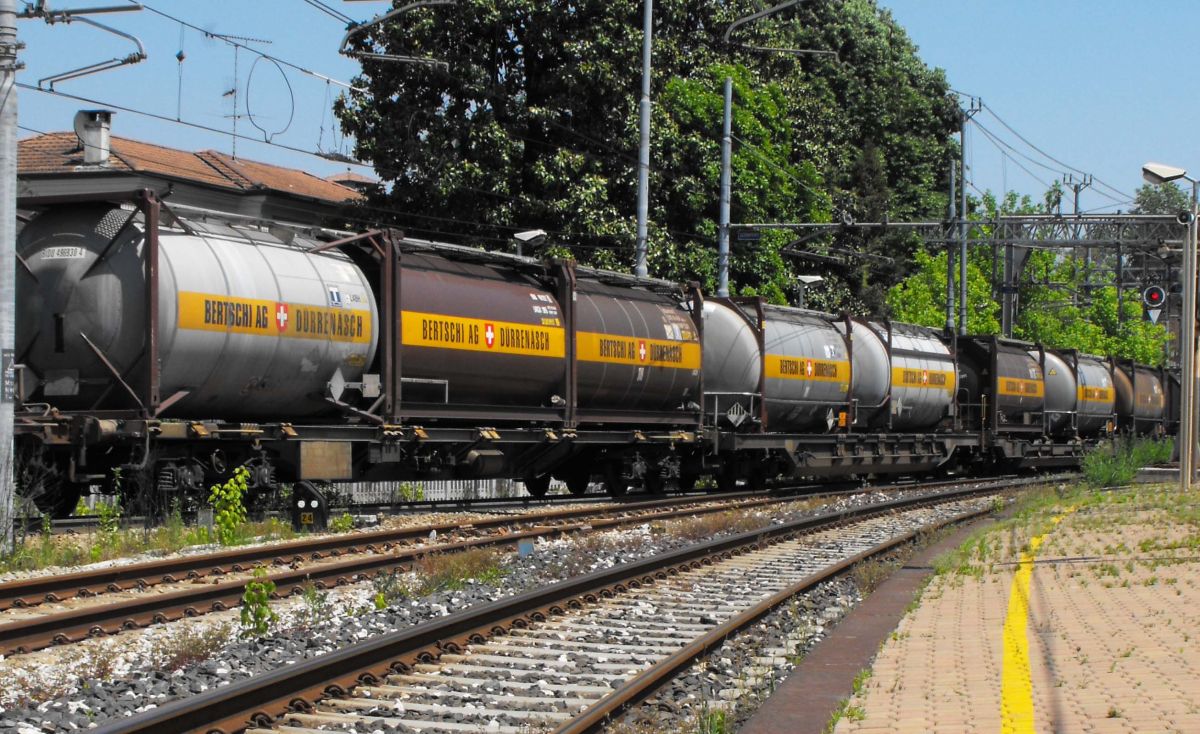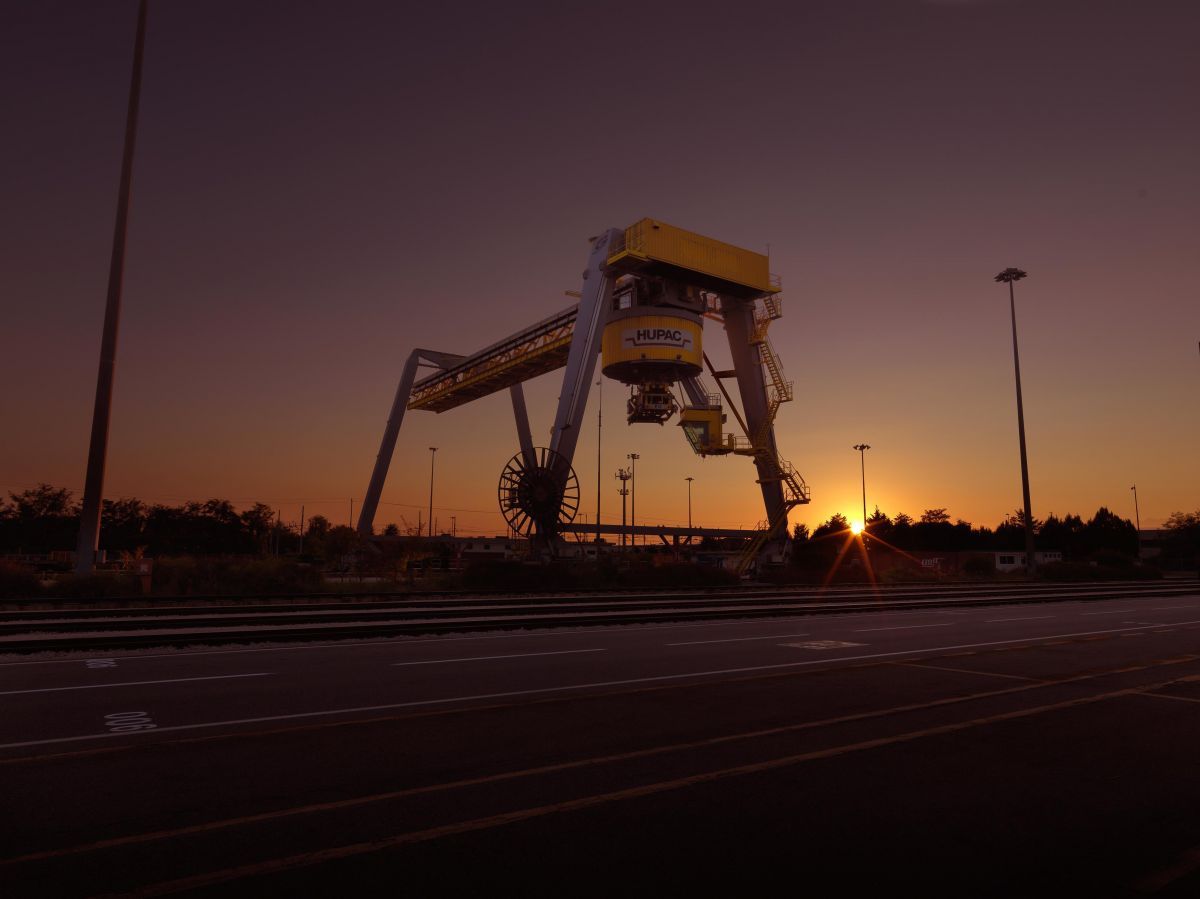Proposed hikes to Track Access Charges (TACs) throughout many European countries have the potential to totally undermine Europe’s modal shift objectives. Planned increases in TACs in Sweden, Germany and Portugal by 40%, 16% and 8% respectively display a broader trend in railway infrastructure charging throughout the European Union. It is not possible for national governments and Infrastructure Managers to talk about modal shift to rail whilst also putting rail freight in an increasingly competitively disadvantaged position with other modes of transportation.
Firstly, one of the key issues facing rail freight undertakings is unexpected developments on TACs in the short term with proposed increases in infrastructure charges and their impact on existing transport contracts. Rail transport contracts are mostly set for 2-3 years, and Railway Undertakings and customers need a multi-year stability regarding TACs to plan joint transport concepts. This is the basis for modal shift. Many contracts for 2025 have already been set, long before railway undertakings were informed of any increases. This means contracts need to be renegotiated, as rail freight undertakings cannot just absorb the costs. Further price increases towards end customers will jeopardise the position of rail freight during an ongoing difficult economic situation for European industry.
Secondly, the planned increases are taken in total isolation from road charging. This leads to a totally disjointed approach and this evolution increasingly puts rail freight in a competitive disadvantage compared to road transport. High infrastructure costs, joint with high unpredictability in cost evolution, call into question the support of policy makers for growing rail freight volumes.
In the long-term, the European Union and Member States need to develop an ambitious track access charges policy for rail freight which, at its core, focuses on the role of track access charges as a strategic tool in achieving modal shift. This needs to include a clear focus on marginal cost principles and consideration of the financial burden for rail freight instead of full cost approaches.
In the short term, support measures to compensate for increases in charges must be introduced. Article 34 of the SERA Directive, which provides the legal basis for the setting of charges, allows for “time-limited compensation scheme for the use of railway infrastructure for the demonstrably unpaid environmental, accident and infrastructure costs of competing transport modes”, meaning that under the current legal framework, short term measures to counter any increase in charges are possible. This would, for example, given the link to German TraFöG policy which has to be adjusted for 2025 and the next years, could be an instrument to compensate exaggerated TAC increases.
ERFA President, Dirk Stahl, stated, “the competitive position of rail freight compared to other transport modes is already challenging and these proposed increases will further undermine rail freight’s ability to contribute towards reducing transport emissions. It is urgent that Member States and infrastructure managers understand the negative effects on modal shift and correct these developments for 2025 now.”
ERFA Secretary General, Conor Feighan, concluded, “whilst it must be recognized that the current legal framework is not very flexible on infrastructure charging, and needs to be updated in the long-term if we are to see charging as a strategic tool, short-term support measures are possible now. Whilst Member States are bound by the rules of European legislation on charging, the Directive also introduces the possibility of compensation schemes to offset rises in infrastructure changes. This must be taken up as a short-term solution by Member States serious about growing rail freight.”
DIE GÜTERBAHNEN Managing Director, Neele Wesseln, adds, “Especially in Germany as a transit country, which is essential for European rail freight transport, exploding track prices are coming up against an increasingly poor infrastructure. The proportion of climate-friendly freight transport by rail is in danger of falling, despite all the political goals in Europe to get goods onto the rails. Above all, the political will of those responsible can prevent this, because only they can stop this price rally. If track access charges are competitive compared to the truck tolls, politicians will achieve their transport policy and climate goals.”


